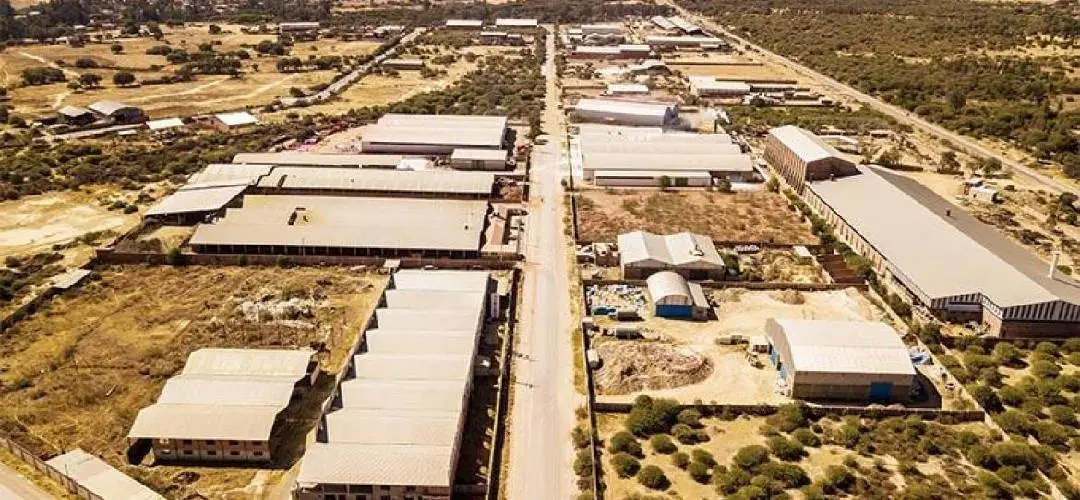Bolivia is investing $430 million to establish its first state-owned pharmaceutical facility. President Luis Arce recently announced the groundbreaking initiative.
Designed to create and distribute generic medications, the industry also aims to advance research in natural medicine.
Minister Huanca explained the government’s desire to provide affordable medicine to Bolivians and stabilize costs.
The facility will be situated in Santivañez Industrial Park, 12 kilometers from Cochabamba. The bidding process for its construction is slated for November.
Operations are expected to commence by 2025. In 2022, Bolivia’s medicine imports totaled $204 million, marking a 20% increase from 2021.
The Health Ministry reported that essential drug prices soared by 900% during the COVID-19 pandemic.

This initiative could lessen Bolivia’s dependence on medicine imports. It may also address the soaring prices experienced during health crises.
With the upcoming facility, Bolivia aims for self-sufficiency in healthcare, leveraging its state-owned enterprise to reach more people.
Background
The move to establish a state-run pharmaceutical industry comes at a critical time for Bolivia.
The country has a history of relying on imported medications, making it vulnerable to global market fluctuations.
Additionally, the COVID-19 pandemic exposed gaps in Bolivia’s healthcare system, including the availability of essential drugs.
This investment aims to fill these gaps and is in line with Bolivia’s broader goals of healthcare reform.
The focus on natural medicine research could tap into Bolivia’s rich biodiversity. It provides an avenue for the country to be a pioneer in the growing global natural medicine market.
Meanwhile, setting the facility near Cochabamba may boost local economies and create jobs.
Overall, this investment signals a significant policy shift toward healthcare self-sufficiency and could set a precedent for other nations to follow.

